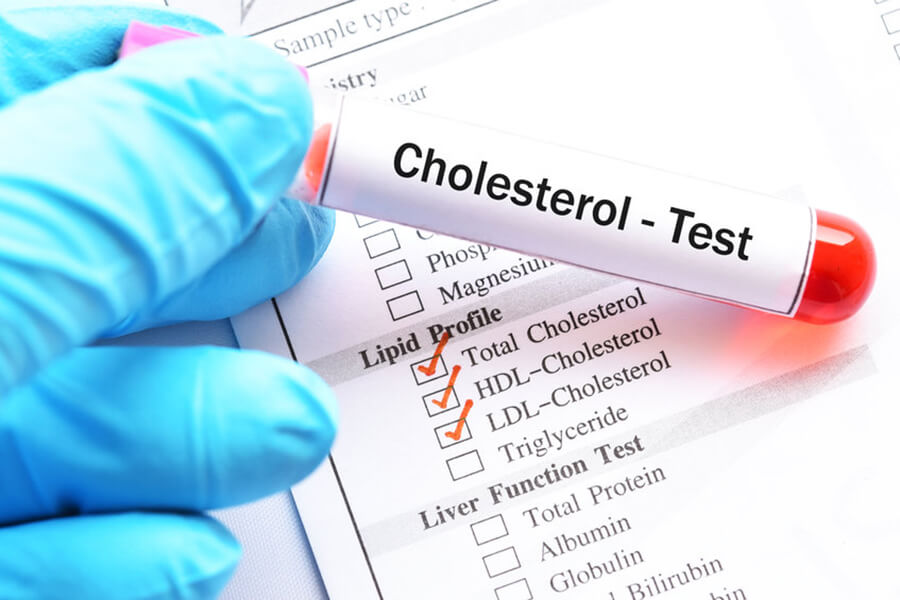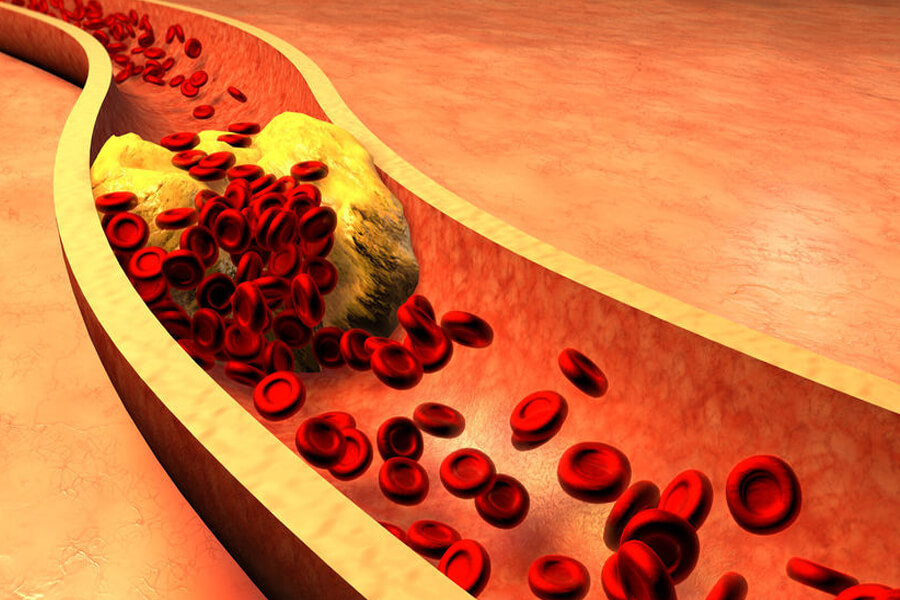Why would someone want to get off statins—the drugs that reduce “bad” cholesterol, and what are the risks from stopping statins? Here’s a quick overview.
Why go off statins
There are plenty of reasons someone might choose to go off statins. They include:
- Increased blood sugar: If you’ve heard that there’s a slightly increased risk of type 2 diabetes from statins, it’s important to note that the biggest risk is to people with prediabetes. For people with normal blood glucose levels, statins aren’t likely to cause diabetes. Besides, if your doctor thinks you need to be on statins to help prevent a cardiac event, chances are that the benefits outweigh the risks.
- Muscle issues: In rare cases, statins can damage the muscles. If you’re experiencing muscle weakness, pain or tenderness and can’t tie it to either physical labor or exercise, make an appointment with your doctor. Your physician can test your blood creatine kinase levels, which are released when your muscles are inflamed or damaged.
- Reduced need: Sometimes, people no longer need statins to manage their cholesterol levels. This can happen through dietary changes and exercise increasing, as well as maintaining a healthy weight. That’s not to say you should suddenly stop taking your medication. It’s important that your doctor first checks your cholesterol levels to ensure they’re in a healthy range.
The risks of stopping statins
As with any medication, it’s vital to talk to your doctor before suddenly stopping or reducing your statins. This is an especially dangerous move for people who have had a heart attack, stroke or stenting.
Because ischemic strokes (IS) are caused by a buildup of cholesterol, which keeps blood from getting to the brain, going off statins can significantly increase your risk of having a second IS. In fact, a 2017 study found that people who stop taking statins 3 to 6 months after having an ischemic stroke had a 42% greater chance to experience another IS within 6 to 18 months.
(Visited 29 times, 1 visits today)




